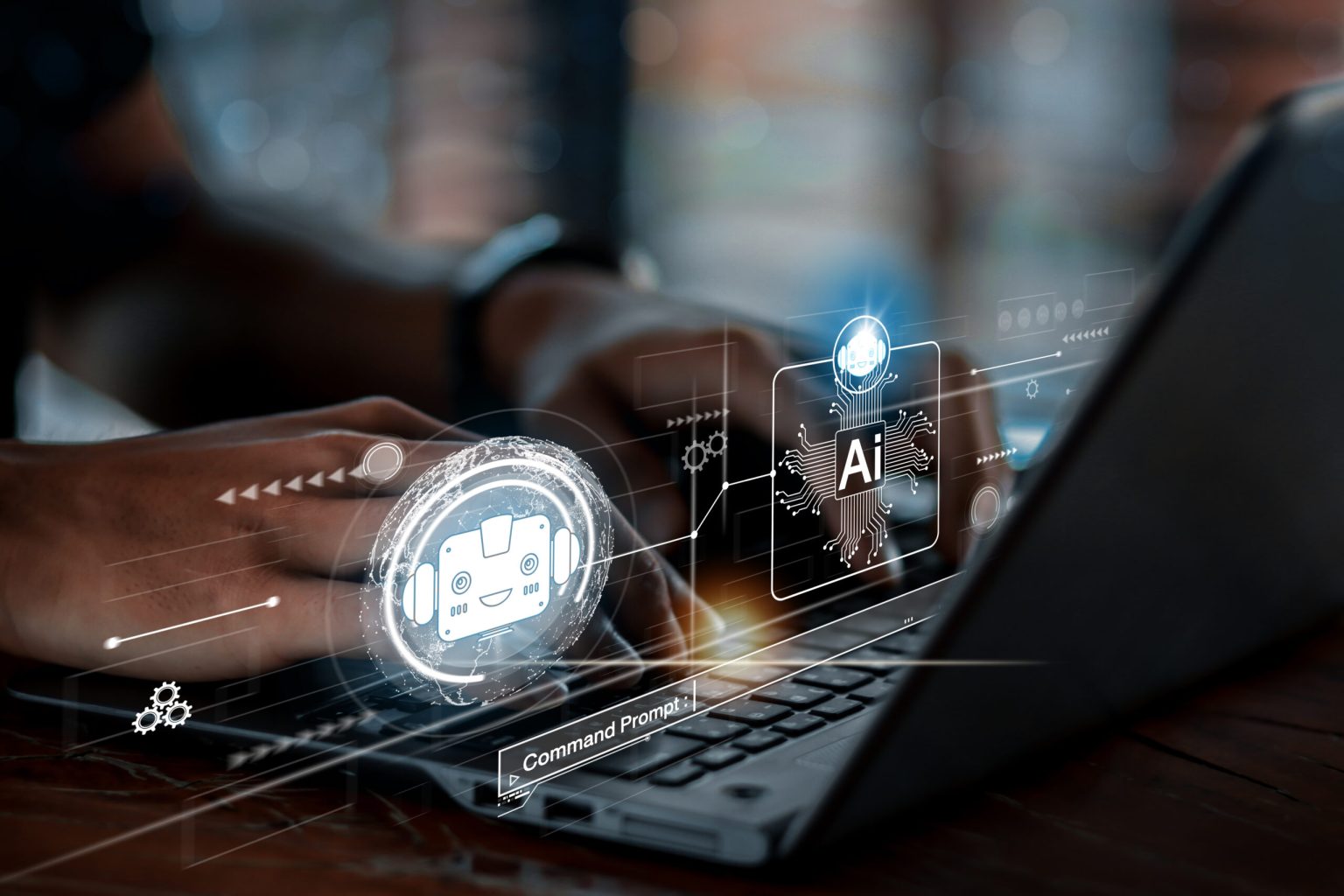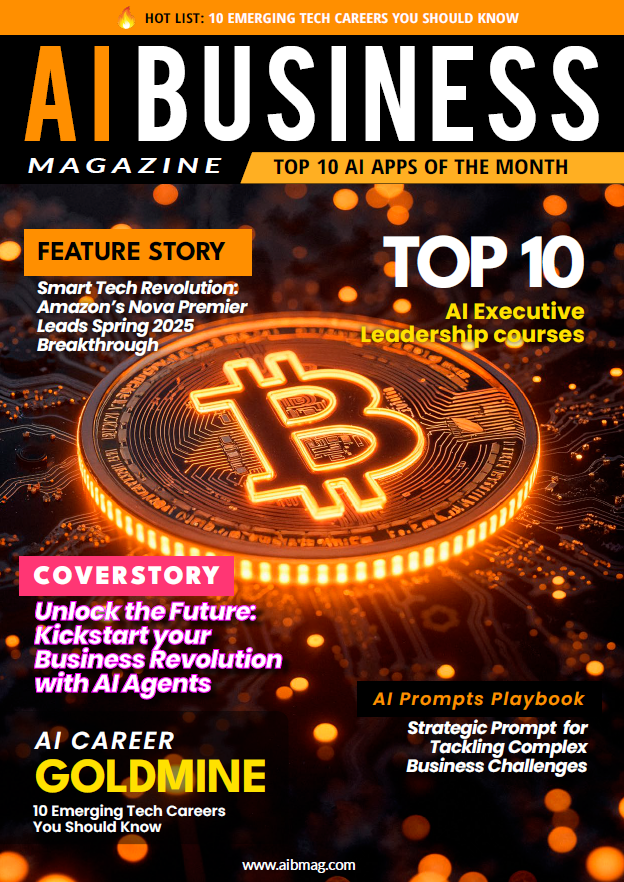Agentic AI and Intelligent Automation Transforming Enterprise Operations
A scenario in which agentic AI systems no longer just follow commands but confidently take initiative—strategizing, deciding, and acting independently to propel a business forward—is now reality. By 2025, nearly eight out of ten enterprises have woven autonomous AI agents—autonomous artificial intelligence capable of acting independently—into the very fabric of their workflows. This marks a tipping point in how organizations operate, making decisions faster, smarter, and without constant human intervention. The question today isn’t whether agentic AI in enterprise automation will reshape operations; it’s how rapidly and deeply it will unfold, and whether businesses will be ready to harness its full potential.
This trend is accelerated by a global business environment demanding unprecedented speed, agility, and personalization. Markets shift in real time, customer expectations soar, and operational complexity multiplies. In response, 79% of enterprises worldwide report some form of agentic AI adoption in business as of mid-2025—demonstrating how this technology has graduated beyond experiments to become a foundational business capability. The global AI market is valued at roughly $391 billion, with ERP automation and supply chain automation leading the charge.
Executives face a paradoxical challenge: the promise of intelligent automation solutions delivers speed and cost savings but requires deep integration into decades-old systems and carefully crafted governance to manage risk. In marketing and sales, 55% have embraced AI-driven customer engagement to add a personal touch at scale—capturing customer insights and curating tailored experiences. Yet, only about a third of organizations report truly successful full-scale implementations. This gap is a reminder that while AI can autonomously handle tasks, embedding true agency into workflows demands thoughtful strategy, hybrid collaboration models, and continuous iteration.
At the heart of agentic AI lies a profound shift—from reactive automation to autonomous intelligence. Traditional AI or robotic process automation (RPA) functions within narrowly defined, pre-scripted boundaries; agentic AI transcends these confines by proactively navigating complex workflows. It forecasts demand, re-routes logistics when unforeseen disruptions strike, or autonomously manages customer inquiries with a consumer opt-in rate of 94%, seamlessly elevating only the most complex cases to human agents. Such autonomy doesn’t replace humans; it augments their ability to focus on strategic decisions and exceptions—moving enterprises toward AI-first operating models layered over ERP, CRM, and cloud infrastructures that unlock compounding efficiencies.
The transition is not smooth sailing. Enterprises face a rocky landscape where nearly 40% of agentic AI initiatives risk cancellation by 2027 due to underestimated integration challenges and scaling costs. However, the sheer momentum is undeniable: 99% of AI developers in enterprise contexts actively explore and build AI agents, signaling sustained innovation and market confidence.
Real-world transformations reaffirm agentic AI’s value beyond theoretical promise. A global telecommunications giant slashed payment document processing times by 80%, with AI agents autonomously validating invoices, cross-referencing accounts, and triggering workflows—all while drastically reducing errors and manual labor. Avi Medical confronted soaring patient inquiries by deploying agentic AI to handle routine questions. The system ensured complex medical concerns reached human experts while boosting customer satisfaction by 30% and cutting costs simultaneously. At Glean, their agentic AI manages over 100 million interactions yearly, fueling personalized workforce insights at scale and contributing to a $100 million annual recurring revenue by early 2025. These successes exemplify how agentic AI delivers 30-80% cost reductions, accelerates support processes by up to 90%, and amplifies ROI at unprecedented speeds.
Such promise comes wrapped in complexity and ethical challenges. Enterprises must wrestle with governance—balancing AI’s autonomy with human accountability. Fully autonomous decision-making, especially in regulated fields like finance and healthcare, raises questions about compliance, transparency, and liability. Sixty-six percent of organizations struggle to scale agentic AI beyond pilot projects, hindered by outdated workflows, talent shortages, and the absence of robust AI performance metrics tailored to AI agents. Leaders in firms like IBM and Deloitte advocate for new governance frameworks ensuring transparency and risk mitigation without throttling innovation.
This is more than a technical problem—it is a cultural and organizational transformation requiring a mindset that embraces hybrid human-AI collaboration rather than viewing AI as a mere tool. For instance, novel roles such as Agent Bosses—humans who coordinate fleets of AI agents, directing orchestration rather than microwork—are emerging, reshaping workforce models faster than many anticipated.
The operational, customer, and workforce impacts ripple across every enterprise dimension. Operational agility surges as AI agents enable real-time adaptations to workflow disruptions and market dynamics. Consumers increasingly prefer AI assistants, with 94% opting in, revealing a shift toward scalable, personalized engagement models powered by relentless AI brand ambassadors capable of consistency impossible for humans to match at scale. Competitive pressures force enterprises down a binary path: adopt agentic intelligence deeply or risk falling behind more adaptive rivals. Risk mitigation also evolves—autonomous AI supports continuous compliance monitoring and early fraud detection, drastically reducing exposure and building trust in volatile markets.
Looking ahead from 2026 through 2030, forecasts from IDC and Gartner paint a future where nearly half of enterprises will orchestrate multiple collaborative AI agents working together autonomously, driving about 15% of daily business decisions. The fusion of agentic AI with generative models will empower autonomous systems not only to execute tasks but also to create, strategize, and innovate. Governing this expanding autonomy with ethics and transparency will become critical to widespread acceptance. As Nvidia’s Jensen Huang notes, “The age of agentic AI has arrived,” emphasizing that enterprises orchestrating multiple AI entities will redefine the boundaries of operational efficiency and innovation.
What does this journey tell us? Agentic AI enterprise transformation and intelligent automation are active forces reshaping the enterprise landscape, demanding new organizational mindsets and governance frameworks alongside technological investments. The question before businesses is clear: will they lead the charge by embedding agentic intelligence deeply and responsibly, or will they be swept aside by disruption? This pivotal decision may well define the contours of future commerce and human-AI collaboration.
Highlights
- Nearly 8 in 10 enterprises adopted agentic AI by 2025, reflecting rapid technology maturation.
- The global AI market is $391 billion, with ERP automation and supply chain automation driving enterprise investments.
- Only about 34% of organizations have achieved complete implementation of autonomous AI agents, signaling integration and scaling challenges.
- Consumer adoption of AI-mediated interactions hits 94%, particularly advancing AI-powered customer service efficiency and personalization.
- Real-world case studies demonstrate 30-80% operational cost reductions and up to 90% faster processes with agentic AI.
- Gartner forecasts over 40% of agentic AI projects may be canceled by 2027 due to underestimated complexities.
- Emerging roles like Agent Boss indicate workforce transformations in AI orchestration and hybrid human-AI teams.
- By 2030, 50% of enterprises will orchestrate multi-agent AI systems autonomously managing 15% of daily decisions.
Summary
Agentic AI marks a paradigm shift in enterprise operations as autonomous agents transition from pilot projects to critical workflow drivers. Empowering real-time decisions, reducing costs, and personalizing customer experiences, these systems redefine efficiency and workforce collaboration. Yet, the path is fraught with integration challenges, governance debates, and cultural transformations. Enterprises must blend human judgment with AI autonomy to harness the full promise of this technology. The journey ahead will determine which organizations lead in the next era of intelligent enterprise.



